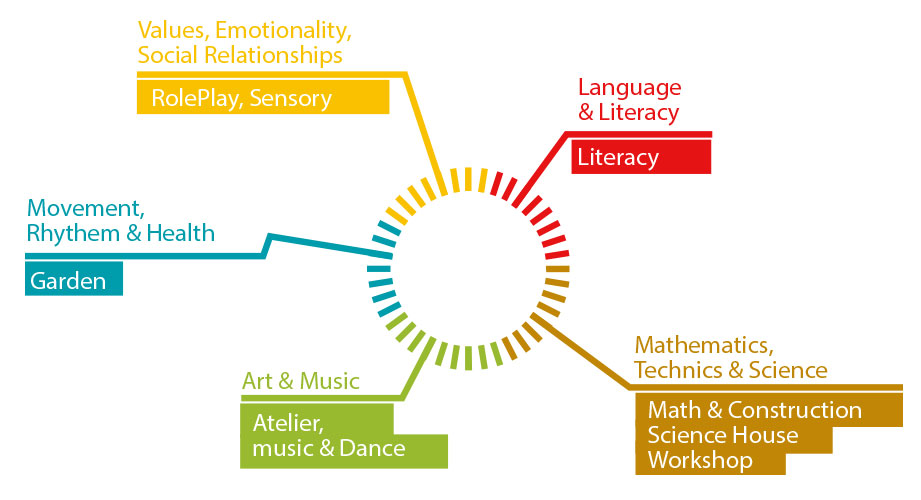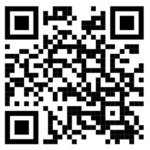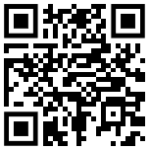
PHILOSOPHY
KOMPASS Kindergarten follows the concept of an open, interactive learn house. This means that children can use all indoor and outdoor facilities throughout the day (except during meal times, nest group circles, language circles and +4 project time).
THE DAY AT THE
KINDERGARTEN
We believe that all children are competent and confident learners from birth and naturally inquisitive. Children learn through play which is initiated by children themselves. In addition, children have control over their direction of learning. We see them as individuals who need to be listened to carefully.
NEST
GROUPS
To promote an intimate relationship between the kindergarten child and his/her teacher, each child is member of a small group called nest group. Nest groups are made up of 15 children between the age of 2.5 and 5 years, with three teachers. Each teacher represents one of the KOMPASS languages, English, German and Arabic.
The nest groups meet for half an hour each morning to greet each other, fill their calendar jars, count how many girls and boys are present, sing, hear about the offering in the different education areas during the open learning and make plans for the day.
NEST
GROUPS
To promote an intimate relationship between the kindergarten child and his/her teacher, each child is member of a small group called nest group. Nest groups are made up of 15 children between the age of 2.5 and 5 years, with three teachers. Each teacher represents one of the KOMPASS languages, English, German and Arabic.
The nest groups meet for half an hour each morning to greet each other, fill their calendar jars, count how many girls and boys are present, sing, hear about the offering in the different education areas during the open learning and make plans for the day.

EDUCATIONAL FRAMEWORK
OF THE KINDERGARTEN


EDUCATIONAL AT KOMPASS KINDERGARTEN

MOVEMENT,
RHYTHM &
HEALTH
•Develop a sense for their body, develop gross and fine motor skills, train their coordination skills, reaction, spatial orientation and balance.
•Strengthen self-esteem through moving safely, discover new movements, and find joy in playing sports in a group.
•Learn to combine music, language and movement.
•Learn to develop acoustic characteristics (e.g., rhythm, pitch, Melody) as signals for one’s own movement and to act flexibly and competently within a group.
•Get to know their own feelings and their impact to perceive and deal with the body.
•Experience eating as a pleasure with all the senses, learn to understand signs of saturation, and practice table manners.
•Learn about healthy nutrition and the preparation of Food.
•Acquire skills to care for the own body.


VALUES,
EMOTIONALITY,
SOCIAL
RELATIONSHIPS
• Learn to act according to ethical principles, cultural and religious values.
• Develop respect for diversity.
• Learn that each and every person as unique and special and learn to regard dfferences and diversity as an opportunity.
• Develop into self-confident, autonomous individuals who acknowledge borders and rules and consider the feelings of others.
• Understand how communication and emotions affect others and influence relationships.
• Learn to get in touch with other children, to communicate with them, to develop team skills and to handle conflict constructively.
• Acquire the ability to develop deeper relationships and friendships.


LANGUAGE
& LITERACY
• Acquire a joy for language and dialogue and continuously expand their vocabulary in the three KOMPASS languages.
• Develop the motivation for verbal expression and sharing.
• Learn to listen actively.
• Learn different non-verbal forms of expression (e.g., body language, facial expression, intonation)
• Encounter the three KOMPASS languages with curiosity and openness
• Develop an interest for books, writing and the culture of writing.
• Learn to follow and understand longer narratives
and texts.


MATHEMATICS,
TECHNICS
& SCIENCE
• Get to know quantities, numbers, space and time.
• Capture geometrical shapes with all senses and recognize, distinguish and sort them.
• Acquire counting and computational competence and an understanding of quantity, length, weight, time and relations
• Learn to develop a sense for where they are in space and time.
• Learn about natural living conditions of animals, Natural materials (e.g., leaves, flower shapes), and the environment.
• Develop values (eg, caring, mindfulness, responsibility) and willingness to be environmentally conscious.


ART & MUSIC
• Learn to express feelings, thoughts and ideas through art and music.
• Learn to use pictorial techniques.
• Develop a basic understanding of colors and shapes.
• Perceive the environment and culture consciously
• Perceive the environment and culture consciously and with all senses.
• Experience music as a source of joy, relaxation, Comfort and encouragement.
• Discover own voice and singing voice. Learn songs and verses from the children’s fantasy and other Cultures.
• Develop joy in singing and making music together.


EDUCATIONAL
AREAS
We cannot provide the world to the children, for them to learn and understand,
but we try to represent as much of the real world as possible in the educational areas of our kindergarten.
We have structured our educational areas according to the educational framework (“Bildungsrahmen”) of the German Conference of Ministers of Education and Culural A airs. This educational framework was implemented as part of an initiative to take early childhood education to a new level: SHOW THE CIRCLE


LANGUAGE GROUPS
Daily language circles help children focus on one of the three languages. Playful interaction, story time and games make the encounter with the particular language exciting and help the child progress. Parents and teachers discuss together which language group the child should attend. Over the years, this choice can be changed.
GETTING READY FOR
SCHOOL, 4+ AGE GROUP

Turning 4 at KOMPASS is special. The children are ready for new challenges and they are starting to get ready for another big transition in their life – their admission to school. In their last year at our kindergarten, we help them to prepare for the new exciting challenges that they will face at school.
It is essential for us that the children are emotionally and socially stable when they leave our kindergarten and move on to the KOMPASS School or any other school, locally or abroad.




MOVING ON
Children leave our kindergarten when leaving Egypt to join a school abroad, they transfer to international schools in Egypt, or they transition to the KOMPASS School.
Consistent feedback from parents and school teachers has shown that children who have spent a good portion of their early years at KOMPASS, transition easily and successfully, not only because of their academic and language skills.
Children who leave KOMPASS Kindergarten often also strike with both, their self-regulation and inner discipline, as well as with their social and emotional competences that often make them a role-model in their new environments.
Even though we deliberately do not specifically prepare for school assessment tests, our children have been passing tests in all big international schools.

Maadi-Cairo
Address: 13 Street 83, Maadi-Cairo
Phone: 02 23802977 – 021002623999
Email: admissions@kompasseducation.org

"Scan Me" to get the location
Somabay-Red Sea
Address: Somabay Marina-Red Sea
Phone: 02 23802977 – 021002623999
Email: admissions@kompasseducation.org

